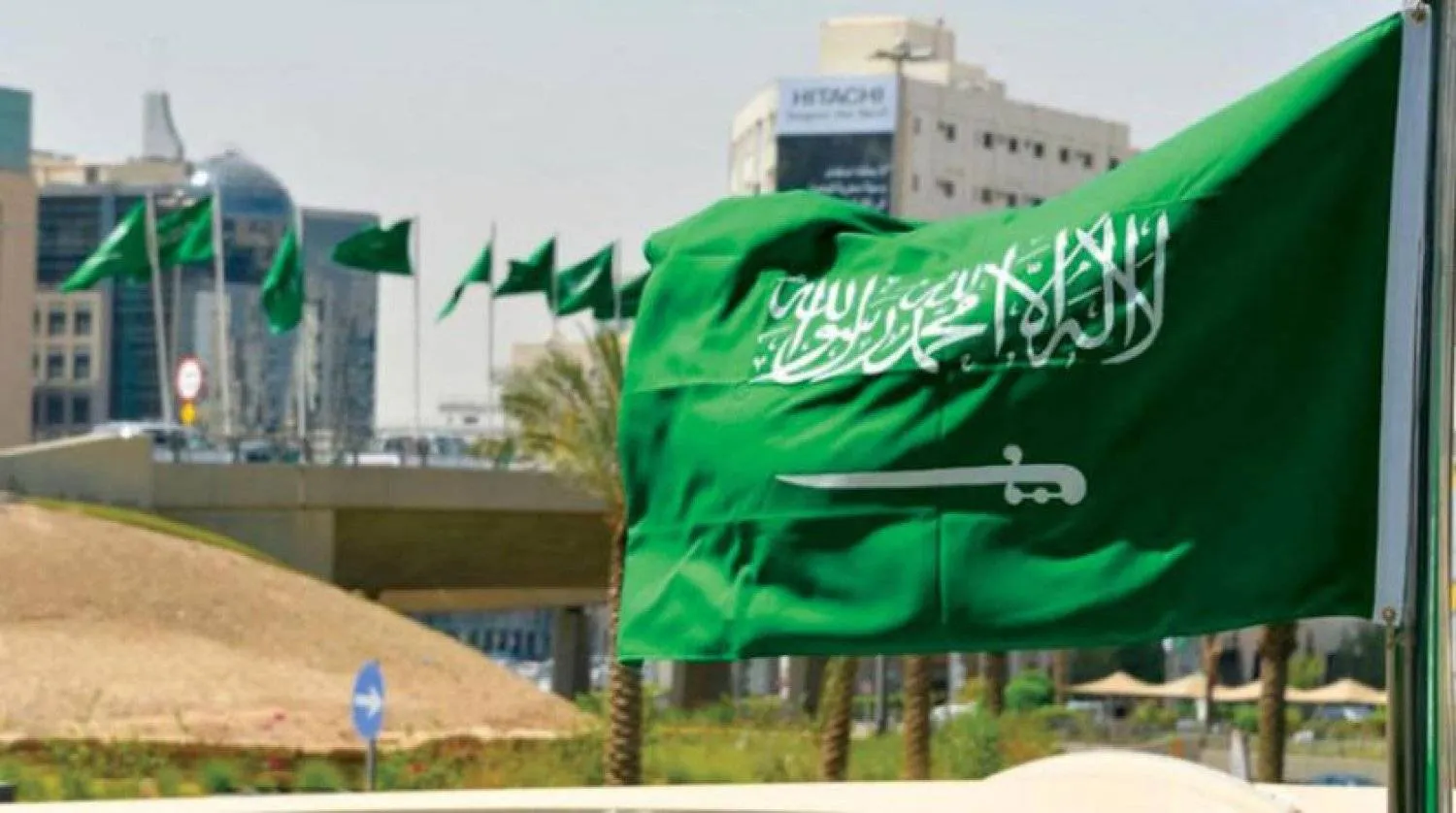The Culinary Arts Commission, in partnership with the Saudi Conventions and Exhibitions General Authority (SCEGA), has announced that Riyadh will host the Arabic edition of the international “SIRHA Exhibition” event in October 2024.
This exhibition is one of the most significant and largest specialized exhibitions in food and hospitality services, with a history spanning 20 years. It includes renowned global culinary competitions such as the World Cup of Pastry - Bocos D'or.
The Arabic edition of the SIRHA Exhibition will feature 350 exhibitors and trademarks, representing food, equipment, bakeries, pastries, and coffee products across three main zones that offer unique content to visitors, the Commission said Wednesday.
These include the SIRHA Forum, serving as a platform for dialogues with experts and professionals in the food and beverage industry; the SIRHA Masters, hosting specialized workshops that present a blend of local and international cuisine; and the Entrepreneurship Zone, aimed at promoting innovations and novelties for exhibitions in the Middle East market.
The primary SIRHA Exhibition is a global reference event in the food and hospitality industry, held every two years in the French city of Lyon.
It aims to showcase international company news related to pastries, home decor, baking, beverages, cooking-related equipment and technologies, and culinary arts in hotels. It also features other specialized trade exhibitions in the food industry.
The SIRHA Exhibition brings together all stakeholders in one environment for exploration and inspiration, business establishment, and seizing opportunities in the sector.
By hosting the Arabic edition of SIRHA, the Culinary Arts Commission aims to expand Saudi contribution to arts and culture, achieving the Saudi Vision 2030 through broadening hospitality and culinary exhibitions in the coming years.
This comes in addition to attracting various local and international food-service providers, bringing them together in a single exhibition, and offering rich cultural content that highlights the culinary sector in the Kingdom, which targets diverse segments of the local community and tourists worldwide.
In parallel, the SCEGA collaborates with various sectors to attract global events to the Kingdom, with the goal of empowering the growth of the exhibitions and conferences sector. This effort includes marketing unique opportunities and the advantages they offer, ultimately stimulating the local market and raising the quality and standards of the sector.









